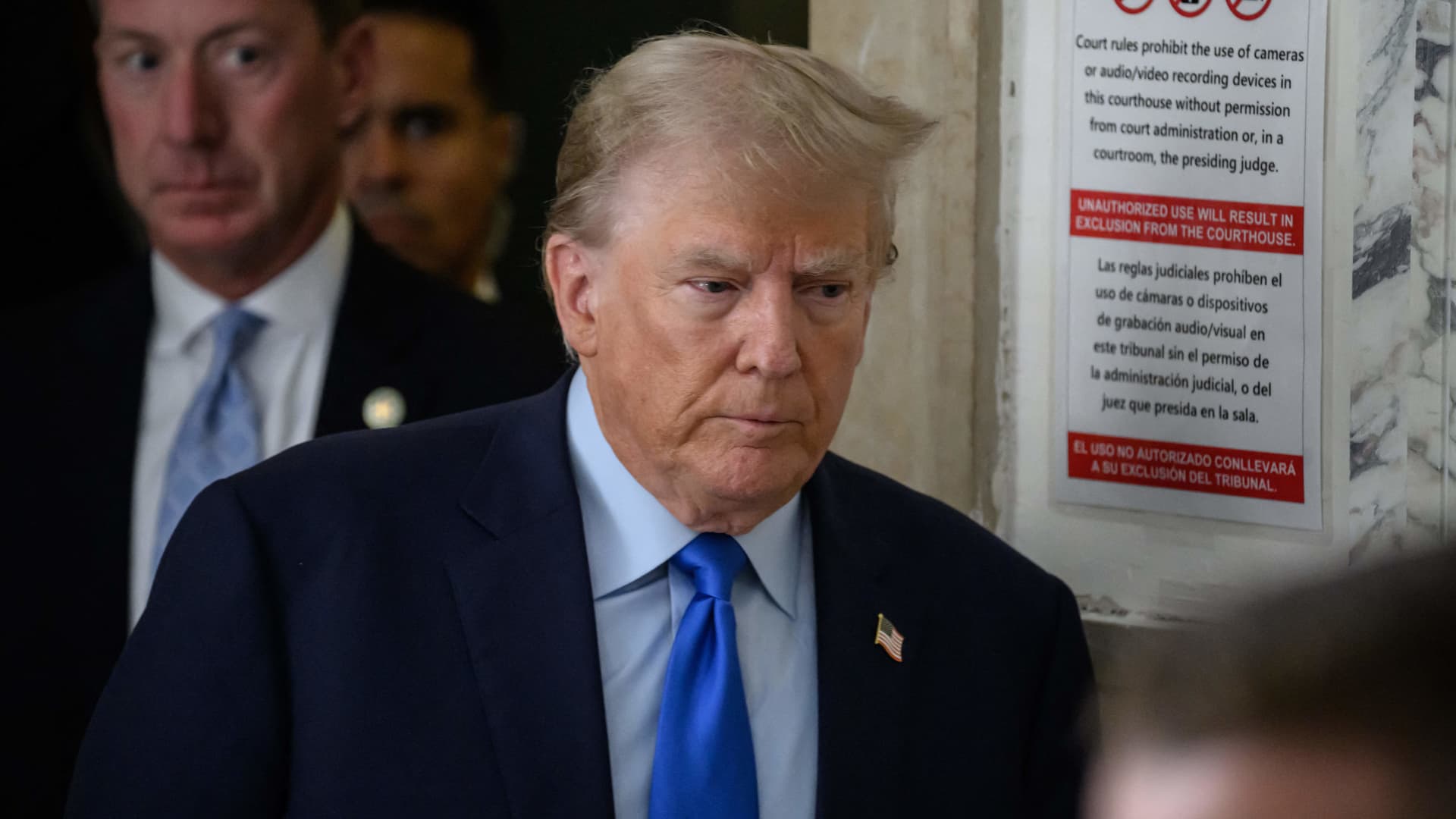Shiites Reject U.S. Apology For Killing Protester
"In fact there has been an apology issued by the commander on the ground because of the incident that blew down that flag, and our investigation continues at this point," Lieutenant General Ricardo Sanchez told reporters.
Up to 3,000 Shiites took to the streets at Baghdad’s al-Thawra (now renamed Al-Sadr City) district on Wednesday, August 13, following an attempt by a U.S. helicopter to lift a religious flag raised by the demonstrators on a commun-cations tower in the district.
The flag, according to the demonstrators, represented the famous Muslim Imam Al-Mahdi, believed to be the last of 12 Imams who descends from Prophet Mohammed (PBUH). U.S. troops fired into the angry crowd, killing an Iraqi boy and wounded several others.
"We deeply regret what happened today (Wednesday)," said the letter signed by Christopher Hoffman of the 2nd Armored Cavalry Regiment.
The letter dated August 13, with a letterhead giving Hoffman’s name and army unit, said "what happened was a mistake and was not directed against the people of Sadr City. I am personally investigating this incident and will punish those that are responsible."
Hoffman also promised to reduce the number of helicopter and ground patrols in Sadr City and offered to meet clerics to discuss what he called "reimbursement."
On August 7, Sanchez decided to scale down raids on Iraqis and house-to-house searches, admitting that this "iron-fisted" approach has proved counterproductive and alienated the people of Iraq.
Rejected
But Sheikh Qais al-Kazali, who gave the letter to AFP and said he was deputy secretary to firebrand anti-occupation Shiite cleric Moqtada Sadr, said the offer was being rejected.
"We want a public apology and legal compensation for the victims," he said, adding that the apology must be published in English- and Arabic-language newspapers here.
Kazali warned that the people of Sadr City were furious over what happened and could retaliate if further provoked.
"We are ready to defend our religion. I heard that there are people here who are preparing mines and suicide explosive belts, and others are ready to use RPGs. We have difficulties controlling the people.
"If the Americans promise not to come back to Sadr City nothing will happen. If they do the situation will be worse," Kazali said.
It was the first armed clash between U.S. forces and Shiites in Baghdad since the beginning of the U.S.-led war on Iraq.

/cloudfront-us-east-2.images.arcpublishing.com/reuters/URKE67ONTBOQDDLKX3N5BP53CM.jpg)

